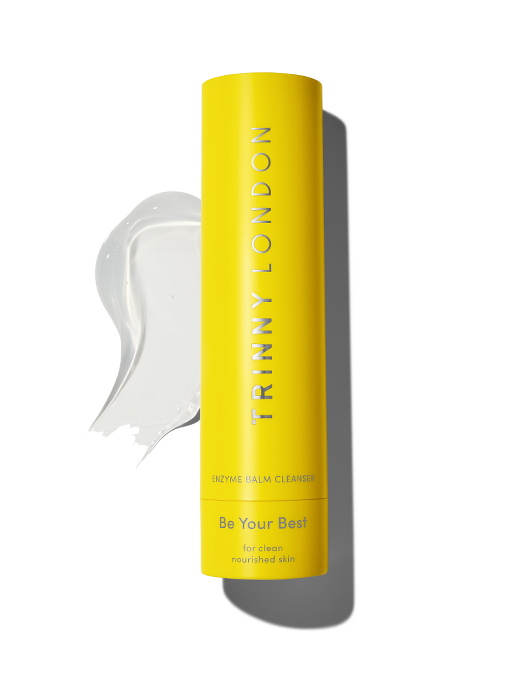
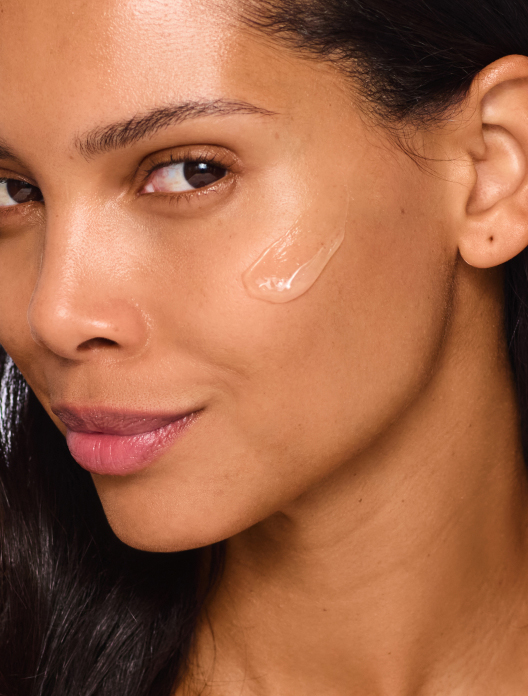
Be Your Best
Oil-based transforming cleanser for clean, nourished skin, suitable for all skin types
Taxes are calculated at checkout
Choose 3 free samples with every order

Finding the best skincare for you requires a tailored approach. Think of it like fashion – you can’t grab any blouse from the rail and assume that it will fit and flatter everyone, let alone be to their tastes. Skincare is the same, and what works for one person’s skin may leave others feeling underwhelmed or uncomfortable.
Finding the best skincare routine for you is dependent on a number of key considerations and factors:
Just like the rest of our body, skin changes as we age. It’s not quite as well-oiled a machine as it once was, with natural processes slowing and stores of important substances dwindling.
From the age of 25, the collagen in our skin starts to deplete. With a lack of this structural protein in place, supporting our skin from the inside to give it its bounce, skin can start to sag, with fine lines and wrinkles more prominent. There’s less elastin present in the skin too, meaning it’s less able to bounce back, and less hyaluronic acid, which can lead to dehydration.
Cell turnover slows as well, which means those dulling dead skin cells stay sitting on the surface for longer than usual. Pigmentation is more difficult to shift, as is scarring.
Choosing skincare that replenishes and restores stocks of lost skin components and kick-starts cell turnover will become more of a consideration the older you get.
There are four key skin types:
Oily: Skin that produces a lot of oil, especially around the t-zone.
Dry: Skin that is lacking in oil. This can leave skin tight, dry and rough.
Combination: Skin that is both oily and dry.
Normal: Skin that generally feels balanced, with no concerns of dryness or excess oil.
Your complexion will have different needs depending on your skin type. For example, if your skin is oily, you are more likely to want to combat shininess or visible pores. If your skin is dry, your main focus will probably be restoring moisture to help bring back softness and glow.
It’s impossible to control everything that happens in our lives. All of us will experience stress to some degree, whether that’s low-level everyday stresses related to household chores, relationship responsibilities and work or intense stress surrounding breakups or bereavement. Even positive experiences, such as getting married or having a baby can cause stress.
All of the stress in our lives will have an effect on our skin health. When we’re stressed, levels of the hormone cortisol spike, signalling to the body that we are under attack. In response, our body prioritises sending resources like blood and oxygen to our vital organs, meaning our skin is left with mere scraps.
This, combined with the lifestyle choices we tend to make when we’re stressed (drinking more alcohol and caffeine, eating more salt-laden foods, getting less sleep) can mean that skin ages at a more accelerated rate, as well as fueling problems such as breakouts.
These visible signals of stress can in turn affect your confidence, increasing your stress levels and locking you in a vicious cycle. The good news is that a personalised skincare routine can help to reset the impact stress has on our skin. With the cycle broken, you won’t be wearing the signs of what’s going on in your life on your face.
How sensitive your skin is to things like changes in weather and trying new products can impact which skincare is right for you. That being said, many people think their skin is sensitive when in fact reactions or changes could be due to other issues. Skin that experiences a degree of sensitivity every single day or suffers from conditions such as eczema, dermatitis or rosacea would be classified as sensitive skin and need to take care when choosing products.
We don’t often give them much thought, but our hormones are busy working behind the scenes. Their levels can impact things like our mood and energy levels, as well as our skin. Hormones can fluctuate at any time, but we are most aware of these changes during periods such as pregnancy, post-partum, perimenopause and menopause. All of these can have an impact on how your skin looks and feels, and can help to determine which skincare is right for you.
Genes play a big part in our skin, so it makes sense that our complexions vary. We have also all led different lives, so it’s perfectly feasible for two people of the same age to have completely different bugbears. If you were prone to sunbathing without SPF in your teens, chances are you have pigmentation. If you have breakouts, you may have spot scarring to contend with, and so on and so forth. Select skincare with carefully curated ingredients that specifically target your most pressing concerns, whether that’s fine lines, uneven skin tone or a loss of firmness.
Want some guidance deciphering the best skincare routine for you? Our Match2Me service is on hand to guide you through the process, delivering personalised skincare advice that’s perfectly tailored to you, including the order of skincare products.


Oil-based transforming cleanser for clean, nourished skin, suitable for all skin types
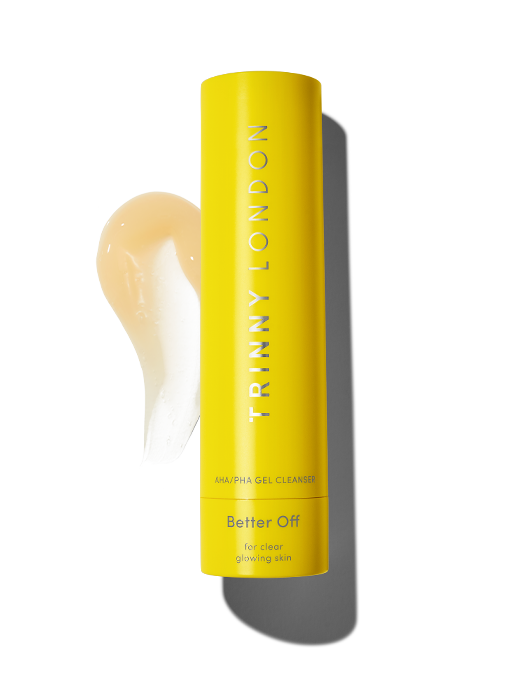
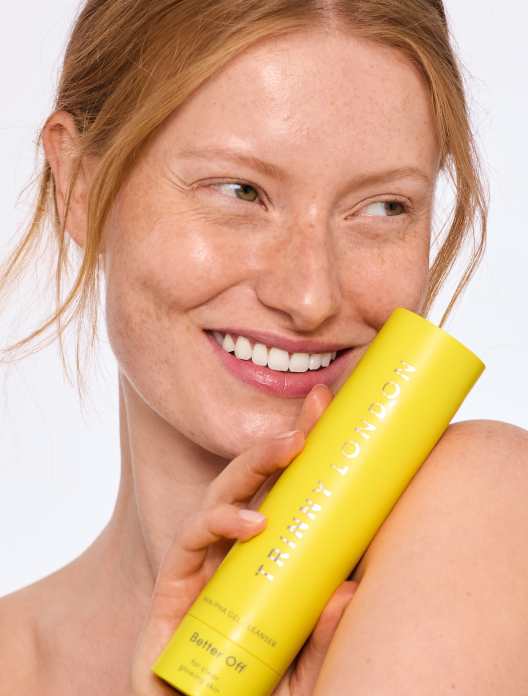
Exfoliating gel cleanser for clear, glowing skin, suitable for all skin types
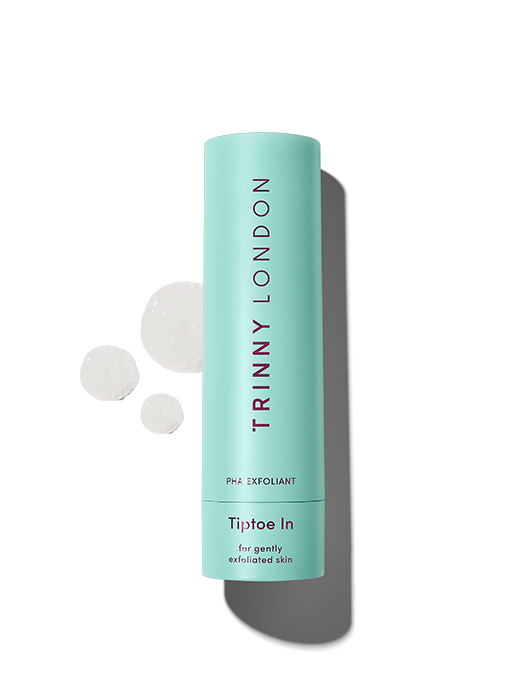
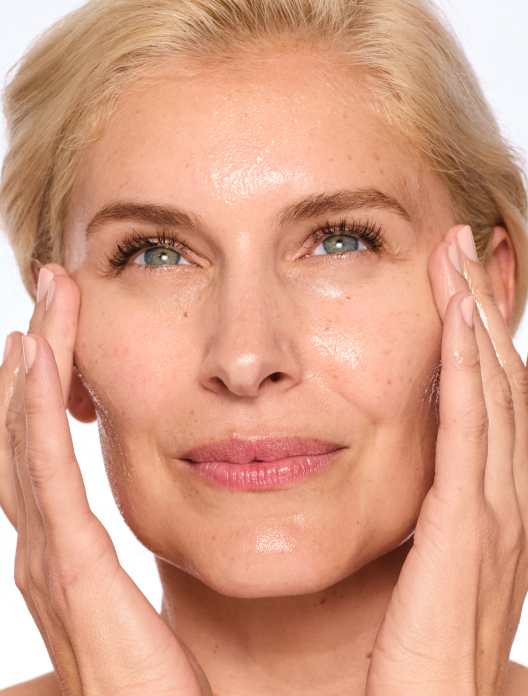
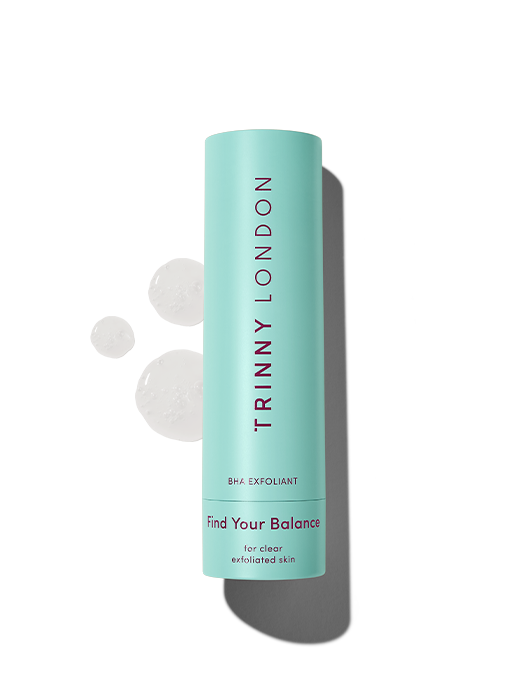
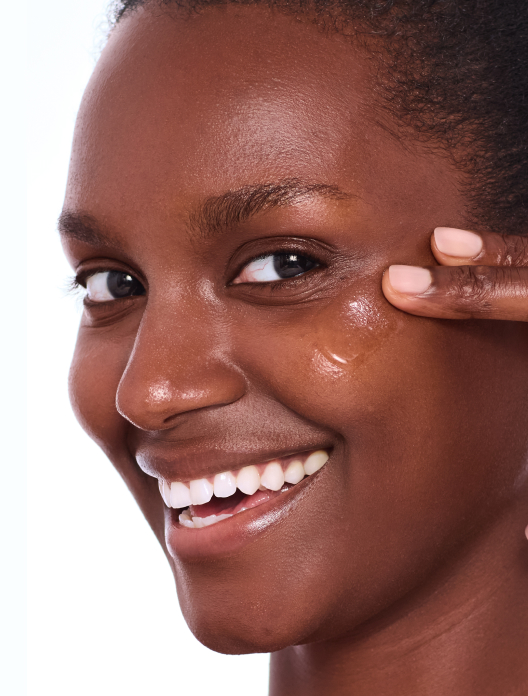
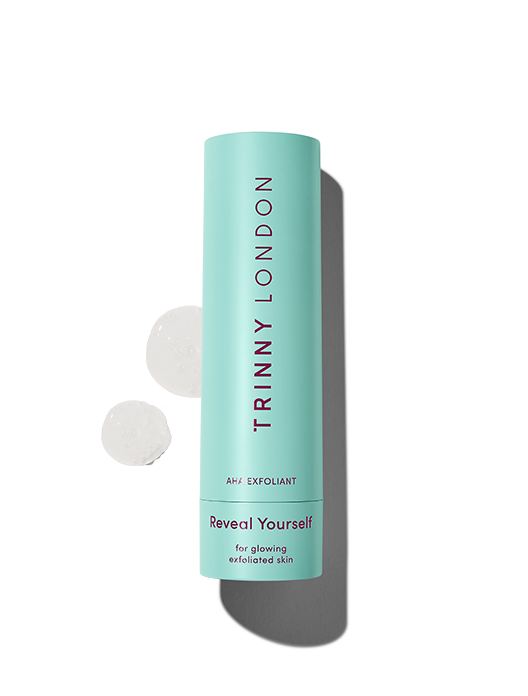
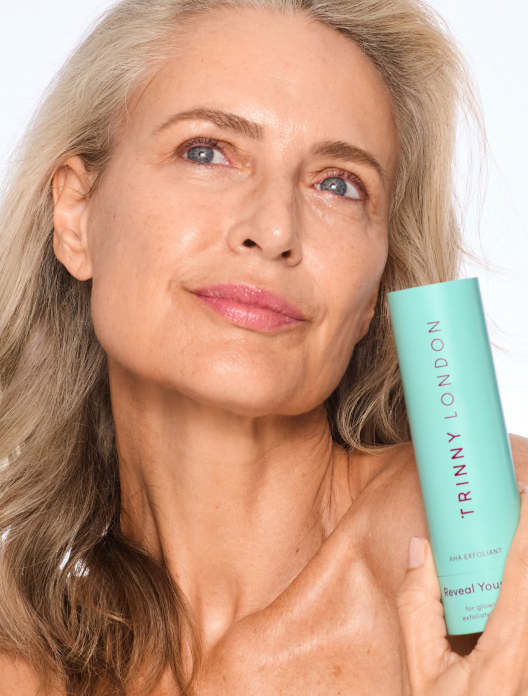
Highly active exfoliant for glowing skin, suitable for all skin types except sensitive

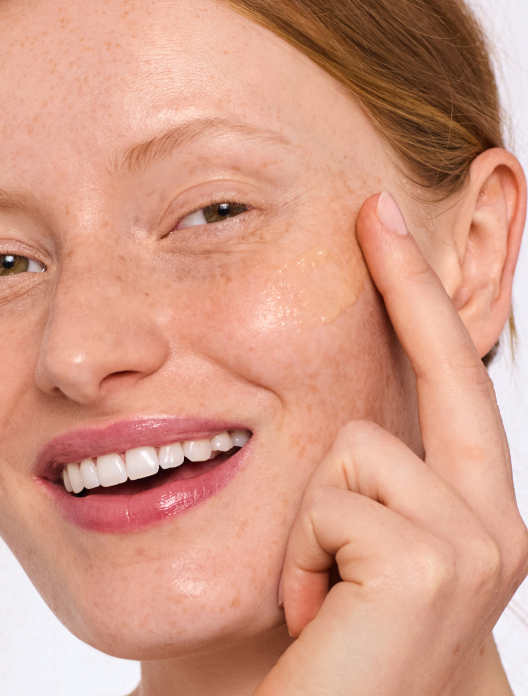
30% vitamin C serum for visibly brighter, glowing skin, suitable for highly experienced skincare users (not for sensitive skin)
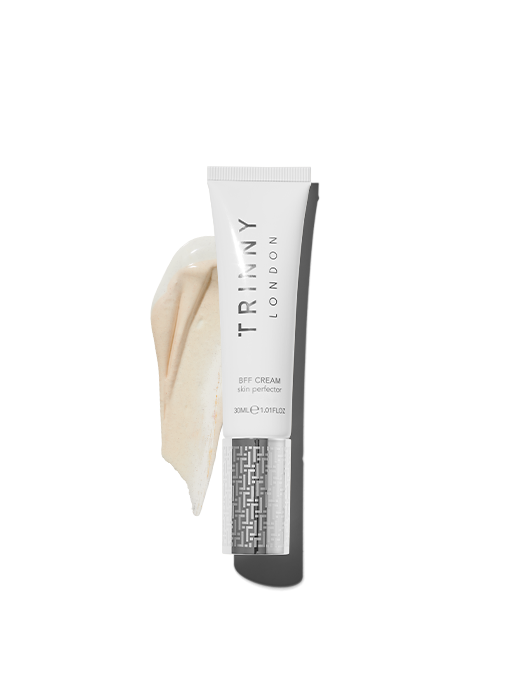



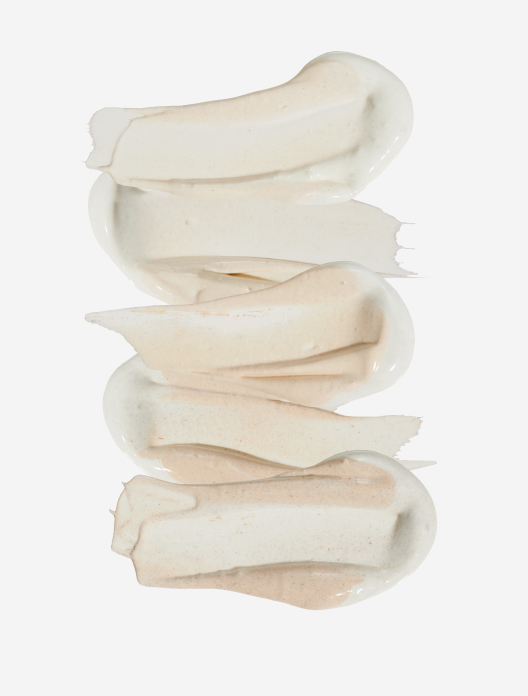
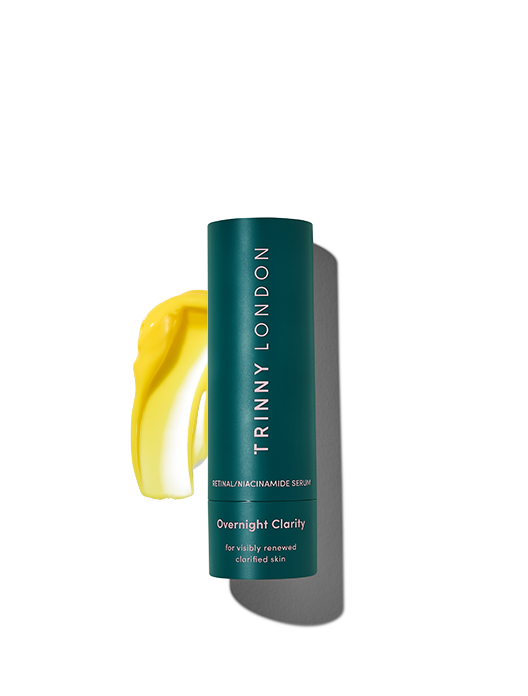
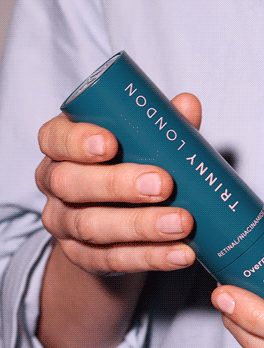
Retinal/niacinamide serum for visibly smooth, youthful skin, suitable for all skin types
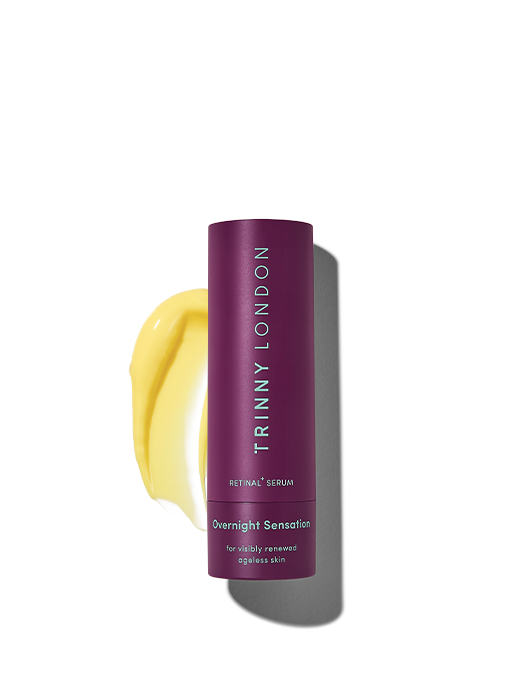
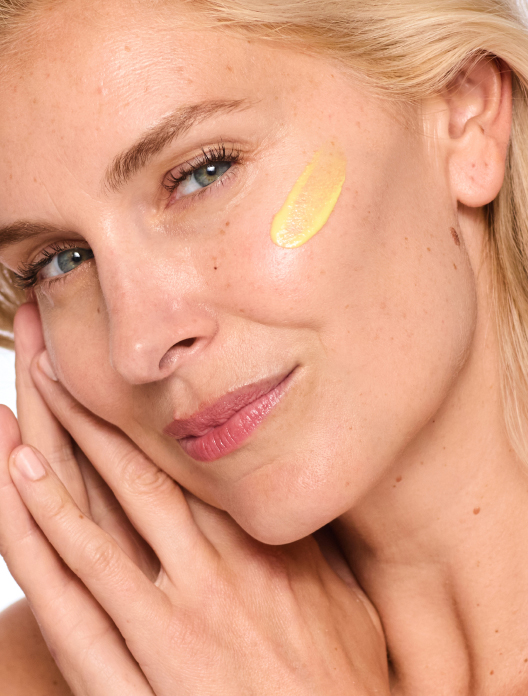
High-dose retinal serum for renewed, ageless skin, suitable for all skin types
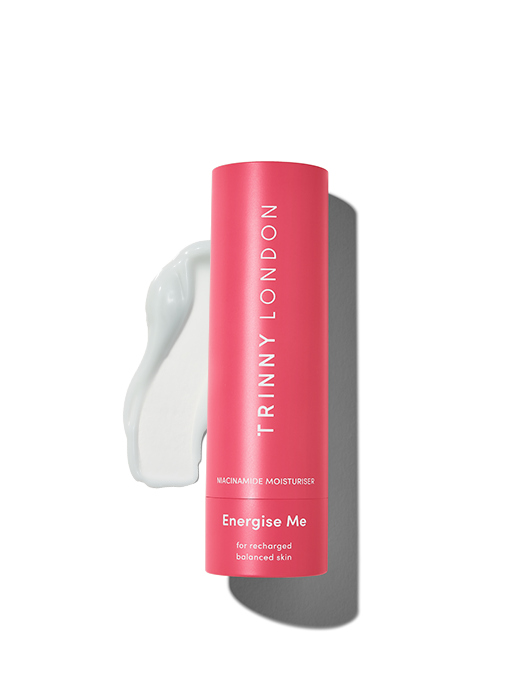
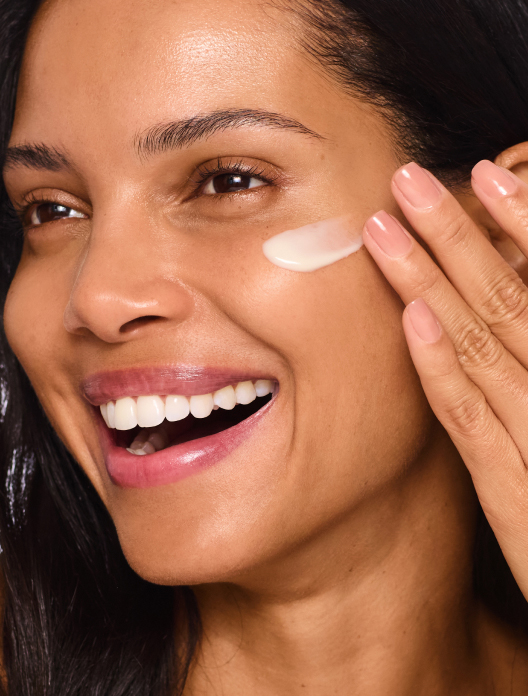
Niacinamide moisturizer mini for clear, energized skin, suitable for normal to oily skin
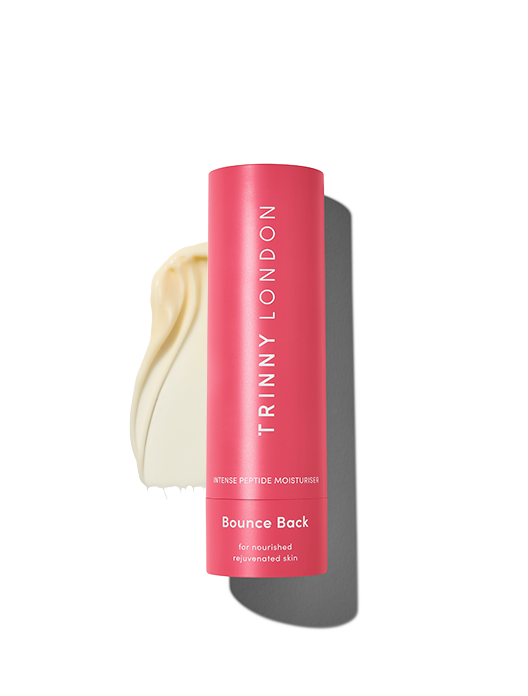
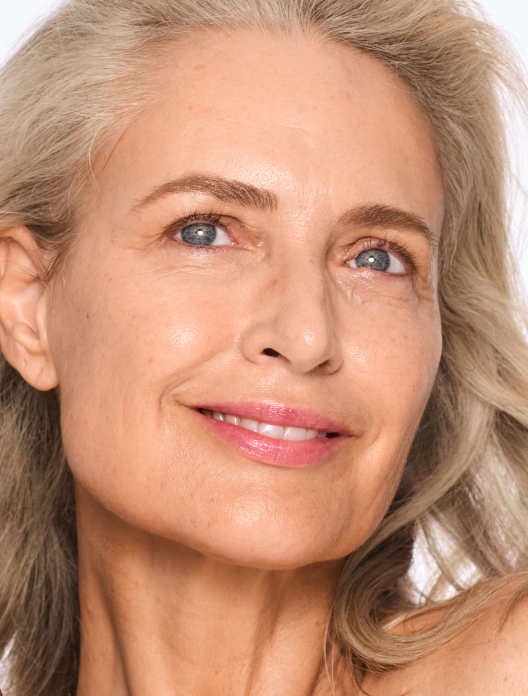
Intense peptide moisturizer for plump, bouncy skin, suitable for normal to dry skin